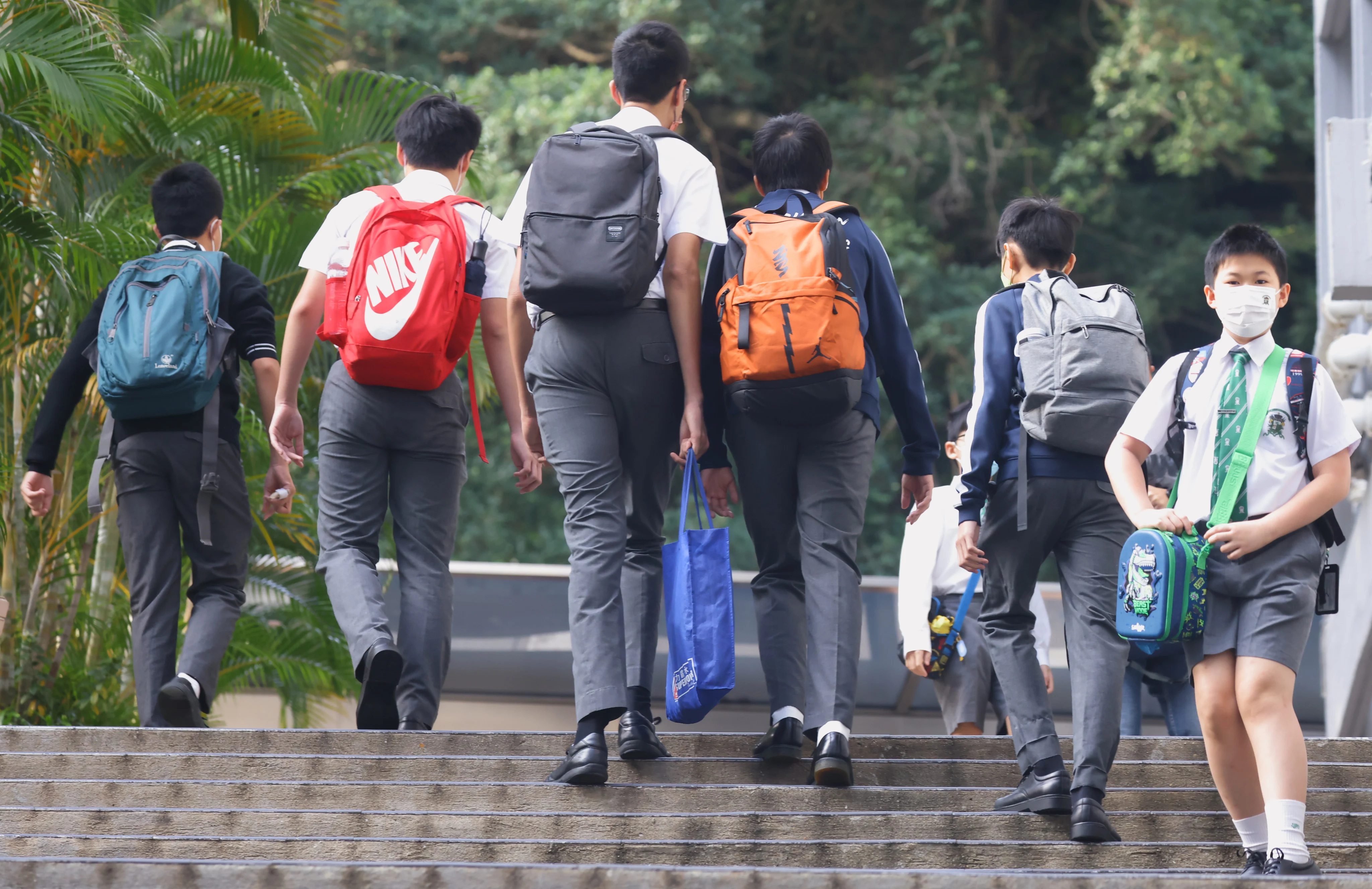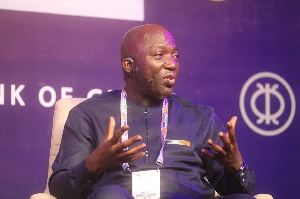Copyright scmp

The president of the city’s largest teacher training institution has suggested authorities open up public schools to non-local students on a cost-recovery basis as part of the “Study in Hong Kong” brand, but has stressed the need to protect local interests. Professor John Lee Chi-kin, president of the Education University of Hong Kong (EdU), reminded the government to maintain the city’s high degree of internationalisation as an essential feature for attracting non-local students. He also encouraged authorities to offer more scholarships at public universities and ensure their academic programmes accounted for the latest technological developments. In an exclusive interview with the Post, Lee said Hong Kong could explore extending the brand campaign, which is largely university-focused, to include the admission of non-locals to public schools before they enter the city’s tertiary education institutions. Such students would have to pay the full fees to go to public schools, while the interests of local pupils would need to be safeguarded, he added. “The most important thing is fairness, and that it would not affect the local students … We should not let it undermine local students’ interests, as we are all taxpayers,” Lee said. The university president said some overseas countries also admitted international students to study at local schools, something from which Hong Kong could take reference. The creation of the Study in Hong Kong brand was part of last year’s policy address in a bid to attract more overseas students to pursue tertiary education in the city. In his latest policy address in September, Chief Executive John Lee Ka-chiu then announced the enrolment ceiling for self-financing, non-local students at public universities would be increased from 40 to 50 per cent of local undergraduate places in the next academic year. The Education Bureau is set to launch a trial scheme allowing Direct Subsidy Scheme schools to apply for an increase in the number and size of classes by expanding their intake of self-financed, non-local pupils on student visas. The policy is considered the first step in opening up the city’s basic education. But mainland Chinese students are ineligible for the scheme under the city’s immigration rules, as those under the age of 18 are not allowed to be issued study visas Currently, Hong Kong public universities admit non-local students using an over-enrolment approach that does not affect the number of places for local students. EdU’s Lee expanded on his suggestion and said each public school could set quotas for non-local students. “Pursuing studies overseas is an investment. But we have to see if our schools are of high quality and remain internationalised enough to attract them to come,” he said. In the United States, international students can enrol in the country’s public high schools for a period of up to 12 months. They are also required to pay full tuition fees, typically ranging from US$3,000 to US$10,000. On the subject of universities, Lee said that while Hong Kong’s institutions were of a high standard, attracting international students hinged on the availability of scholarships and whether academic programmes equipped students for future technological developments. “Mainland students actually have lots of chances for further studies on the mainland. But why do they choose Hong Kong? It is because our city is highly internationalised and we have an excellent tertiary education system,” he said. He said Hong Kong should maintain its high degree of internationalisation and ease its policies to offer more space for universities to accommodate more non-local students to support its goal to turn the city into a global education hub. In its strategic plan running from 2025 to 2031, EdU said it was implementing a robust plan to significantly increase the number of non-local students, especially from Belt and Road Initiative countries. The initiative refers to Beijing’s scheme to link dozens of economies in Asia, Europe and Africa into a China-centred trade network. EdU also said it would continue to offer additional Cantonese or Putonghua classes, enhance counselling support and facilitate increased integration activities involving local students. “Additional staff members will also be deployed to support an array of specially designed adaptation and integration programmes and mental health campaigns,” the university said.



